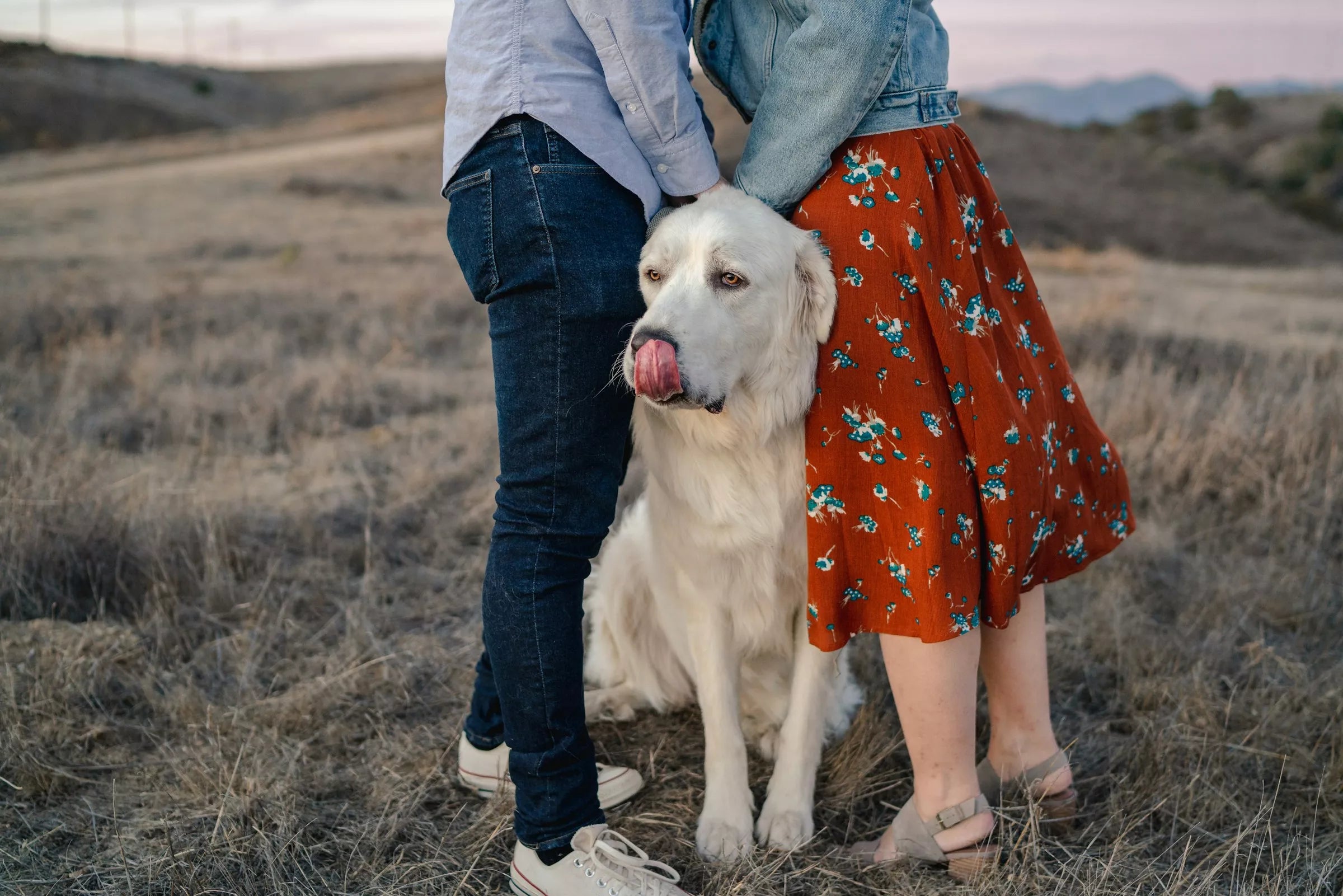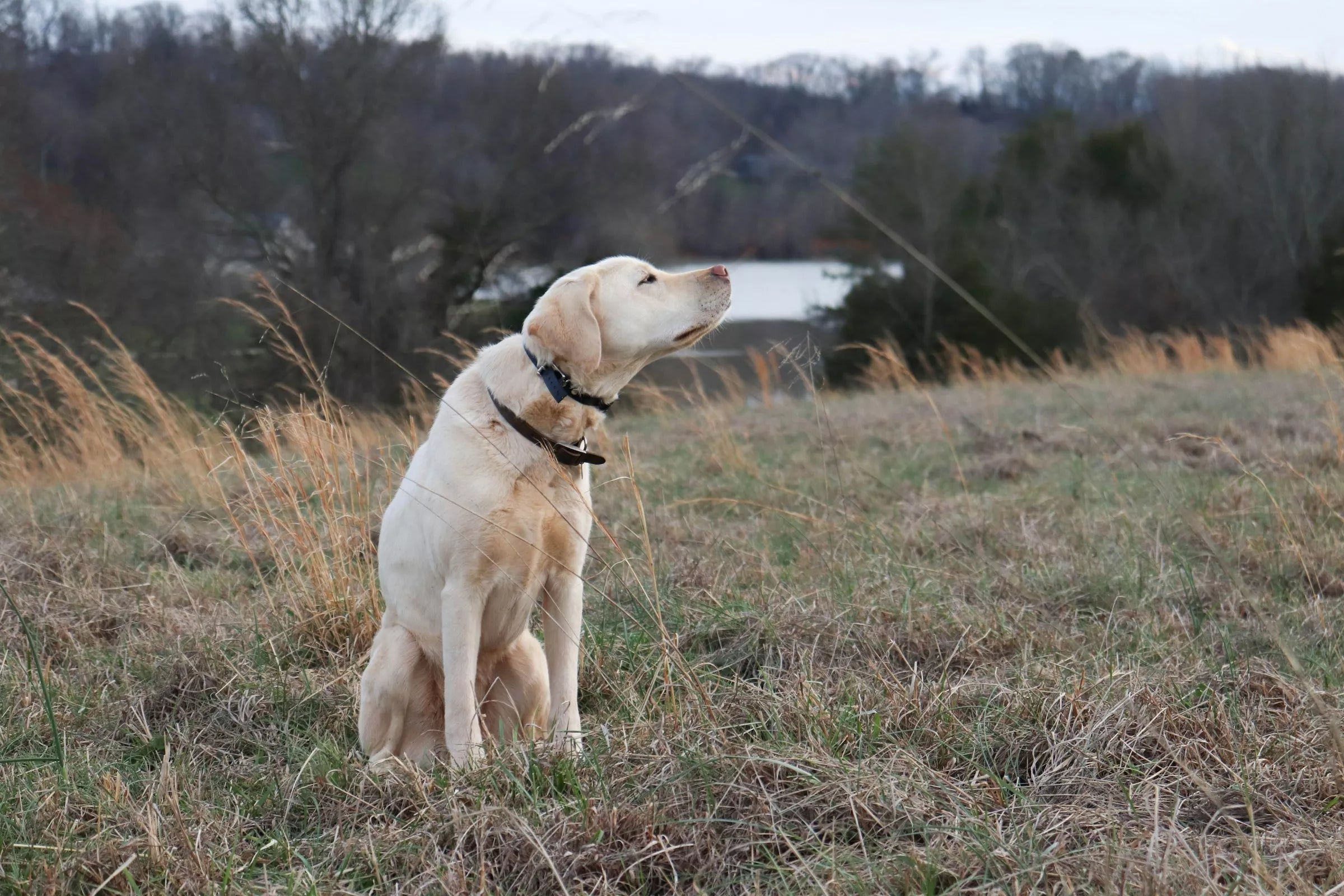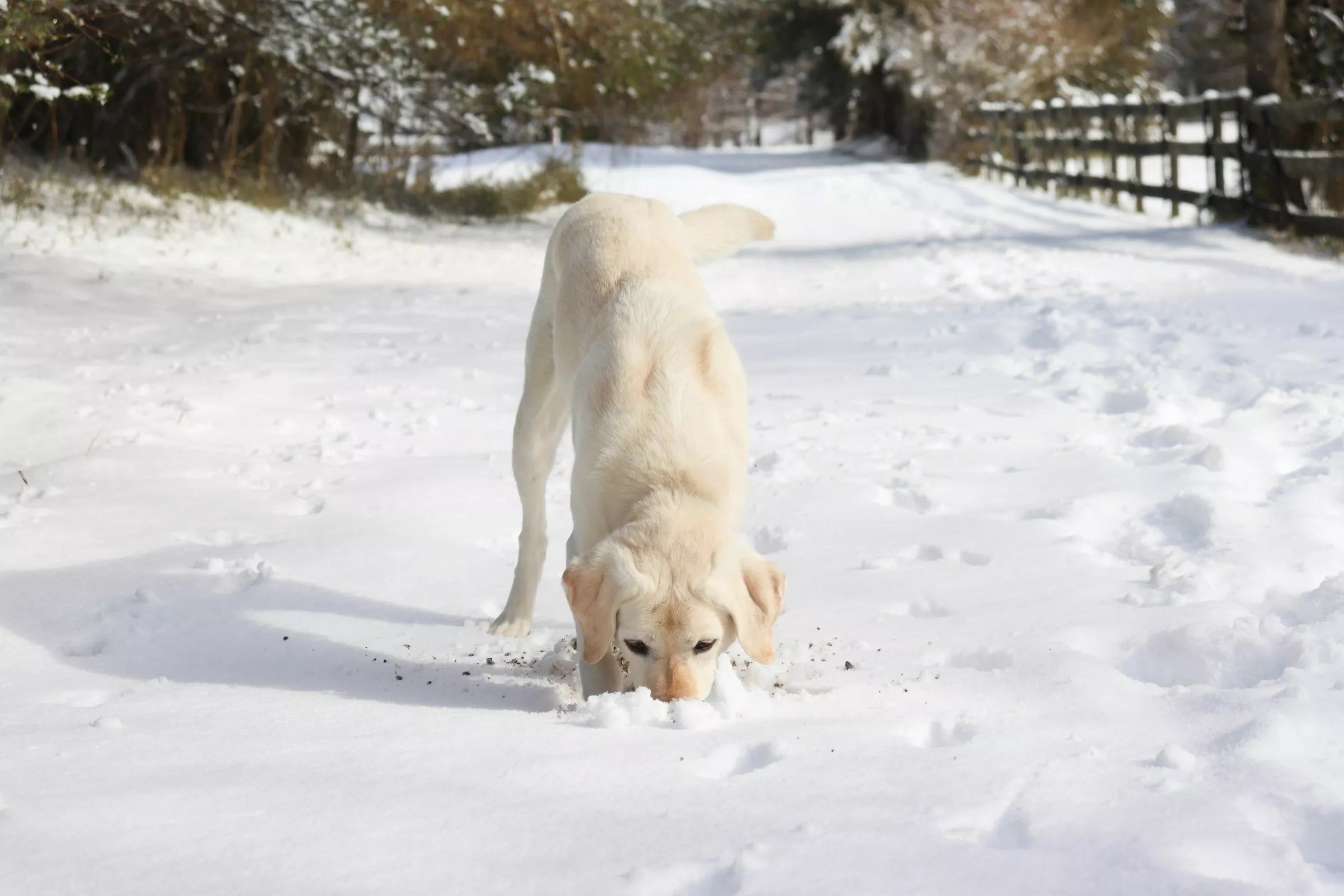Introduction
As our beloved furry companions grow older, their needs start to change. You’ve probably noticed that your once energetic pup is a bit slower now, maybe enjoying longer naps or being a little pickier with their food. Just like us, senior dogs need special care and attention—especially when it comes to their diet. Feeding your aging dog the right kind of food can keep them healthier, happier, and by your side for many more years.
So, how do you know what’s best for your senior dog’s diet? Let’s dive into the world of senior dog nutrition and make sure your fur baby gets exactly what they need!
Understanding Your Senior Dog's Nutritional Needs

As dogs age, their bodies go through changes. Maybe your pup isn't as active as before, or they’re starting to slow down on your morning walks. This is perfectly normal, but it means their metabolism is slowing down too. Your dog might not need as many calories as before, and they may even have a bit of trouble digesting certain foods.
At the same time, maintaining a healthy weight becomes even more important. Too much weight can put extra stress on their joints and lead to serious health issues like diabetes or heart disease. So, finding the right balance in their diet is key.
The Role of High-Quality Protein in Senior Dogs' Diets
Protein plays a major role in keeping your senior dog healthy. It helps maintain muscle mass, which can start to decrease as your dog ages. But not all protein is created equal—look for high-quality, easily digestible protein sources, like chicken, fish, or turkey.
Most senior dogs benefit from diets that are moderate to high in protein, but if your dog has kidney issues (which can become more common with age), you might need to watch how much they’re getting. Always talk to your vet about the right amount of protein for your dog’s specific needs.
Low-Fat Diets for Less Active Senior Dogs
If your dog isn’t moving around as much as they used to, they might need fewer calories to prevent weight gain. A low-fat diet can be a great option for dogs who are more couch potatoes than marathon runners these days. Too much fat can lead to obesity, which can worsen joint pain or cause other problems.
Look for senior dog foods that balance lower fat content with plenty of essential nutrients. Remember, fat is still an important energy source, but you want the right kind.
Incorporating Fiber for Digestive Health
As your dog gets older, their digestive system might not work as smoothly as it used to. Adding fiber to their diet can help things move along and keep their tummy happy. Fiber also helps with weight management and can improve stool quality—no more messy pick-ups!
Good sources of fiber include pumpkin, sweet potatoes, and certain grains. Many senior dog foods already include higher levels of fiber to support digestive health.
Omega Fatty Acids: Support for Joints and Skin

Omega-3 and omega-6 fatty acids are like magic for your dog’s joints and skin. If your dog is showing signs of arthritis or has dry, flaky skin, adding these healthy fats to their diet can make a world of difference.
Fish oil is one of the best sources of omega-3s, and you can find dog foods that are enriched with these fatty acids. They not only reduce inflammation but also help keep your dog’s coat shiny and healthy.
Calcium and Phosphorus for Bone Health
Strong bones are important for senior dogs, especially if they’re dealing with arthritis or other joint problems. Calcium and phosphorus play a big role in keeping your dog’s bones strong. Most senior dog foods are formulated with the right balance of these minerals to prevent bone loss.
Special Considerations for Dogs with Kidney Issues
Kidney disease is unfortunately quite common in older dogs. If your vet has diagnosed your pup with kidney problems, you’ll need to adjust their diet to support kidney function. This often means reducing the amount of protein and phosphorus in their meals.
There are special prescription diets designed specifically for dogs with kidney issues, so be sure to talk to your vet about the best options.
Managing Obesity in Senior Dogs
One of the biggest concerns with senior dogs is obesity. As they become less active, it’s easier for them to gain weight. Extra pounds can lead to a range of health issues, including joint pain, diabetes, and heart problems.
If you notice your dog is packing on the pounds, it might be time to switch to a weight management formula. These foods are lower in calories but still packed with the nutrients your dog needs.
Grain-Free vs. Whole-Grain Diets for Senior Dogs
You’ve probably heard a lot about grain-free diets, but are they really better for your senior dog? The answer isn’t straightforward. While some dogs with allergies or sensitivities might do better on grain-free diets, many senior dogs benefit from the fiber and energy that whole grains provide.
Unless your dog has a specific grain allergy, there’s no need to avoid grains altogether. In fact, whole grains like brown rice or oats can support healthy digestion and provide steady energy.
Homemade vs. Commercial Senior Dog Food
Some dog parents love making homemade meals for their senior dogs, while others prefer the convenience of commercial dog food. Both can be great options, but the key is to make sure your dog is getting all the nutrients they need.
If you’re thinking about making homemade dog food, consult with your vet or a canine nutritionist to ensure your meals are balanced. Most senior dog foods on the market today are already formulated with the right mix of nutrients, so they can take the guesswork out of meal planning.
Best Supplements for Senior Dogs
Sometimes, a little extra help from supplements can go a long way. Joint supplements like glucosamine and chondroitin are popular choices for senior dogs dealing with arthritis. Probiotics can help with digestion, while multivitamins ensure your dog is getting all their essential nutrients.
Talk to your vet before adding any new supplements to your dog’s diet.
Hydration: The Often Overlooked Element

We often focus so much on food that we forget about water! Keeping your senior dog hydrated is just as important as feeding them the right food. Older dogs can sometimes forget to drink enough, leading to dehydration.
Make sure your dog always has fresh water available, and if they’re not drinking much, try adding water to their food or giving them ice cubes as treats.
Transitioning Your Dog to a Senior Diet
Switching your dog to a senior-specific diet should be done gradually. Start by mixing their current food with the new one, slowly increasing the amount of senior dog food over a week or two. Keep an eye on your dog during the transition—if they’re having digestive issues or seem less energetic, consult your vet.
Conclusion: A Healthy Diet Leads to a Happier Senior Dog
Feeding your senior dog the right diet is one of the best ways to keep them healthy, happy, and by your side for as long as possible. By paying attention to their changing needs—whether it’s more fiber for digestion, protein for muscle maintenance, or supplements for joint support—you’re giving them the best chance at a comfortable, loving life in their golden years.
FAQs
1. How can I tell if my senior dog is getting the right nutrition? Look for signs like a healthy weight, shiny coat, and regular digestion. If your dog seems lethargic, gains weight quickly, or has digestive issues, their diet might need adjusting.
2. Should I feed my senior dog wet food or dry kibble? Both can be great options! Wet food can be easier to chew for dogs with dental issues, while dry kibble can help keep teeth clean. Mixing both might be a good compromise.
3. What are some signs that my senior dog’s diet needs adjusting? If your dog is losing weight, gaining too much weight, or seems less energetic, it could be time to reevaluate their diet. Digestive problems like diarrhea or constipation are also red flags.
4. Can I give my senior dog treats? If so, what kind are best? Yes! Just make sure they’re healthy, low-calorie options. Look for treats that support joint health or digestion, like those with glucosamine or fiber.
5. How do I know when it’s time to switch my dog to a senior-specific food? Most dogs are considered seniors around 7 years old, but this can vary by breed. Talk to your vet about when to make the switch based on your dog’s size and overall health.















Share:
Dog Food Ingredients to Avoid Like the Plague
Can Dog Pee Really Kill Plants?